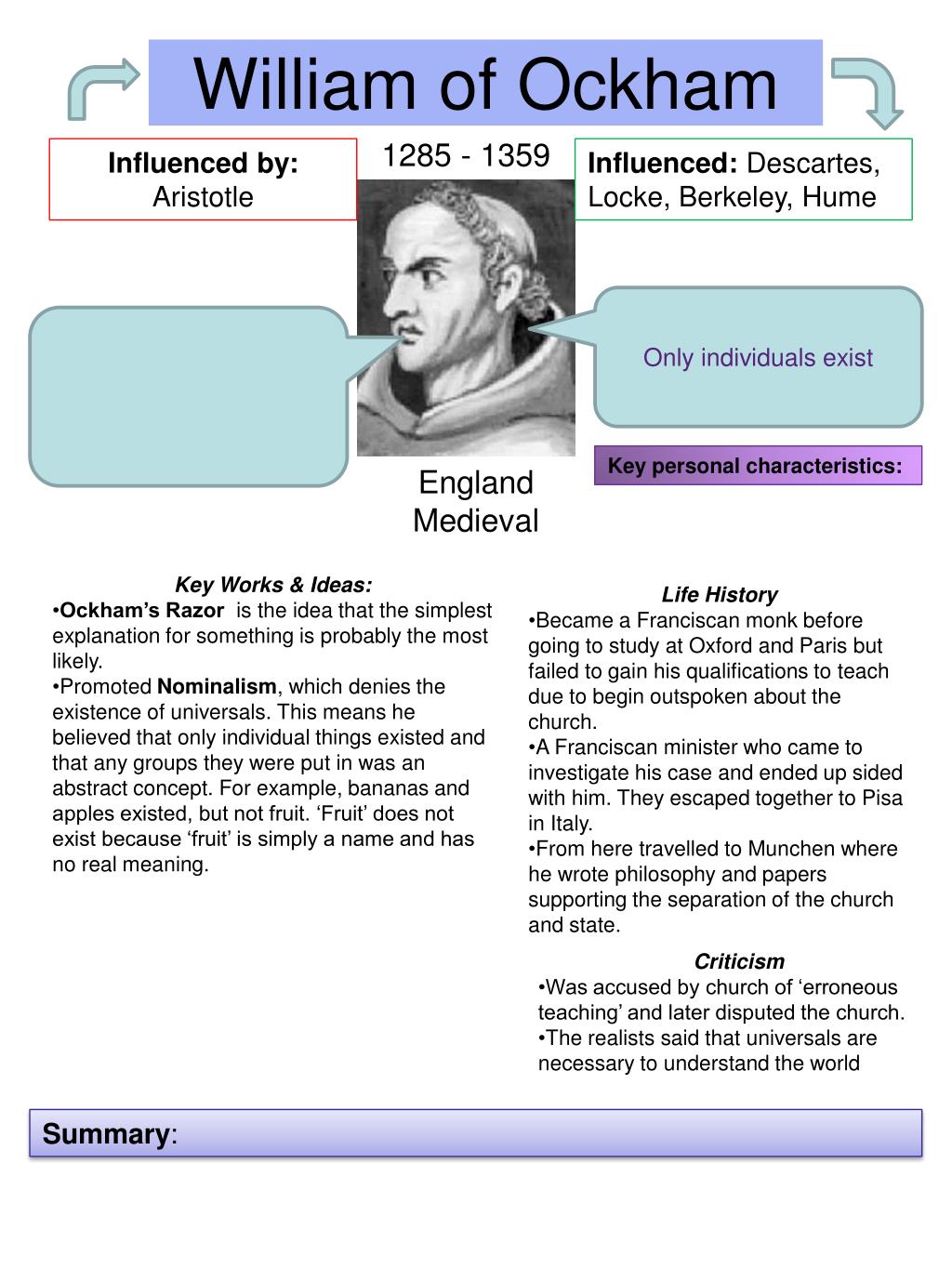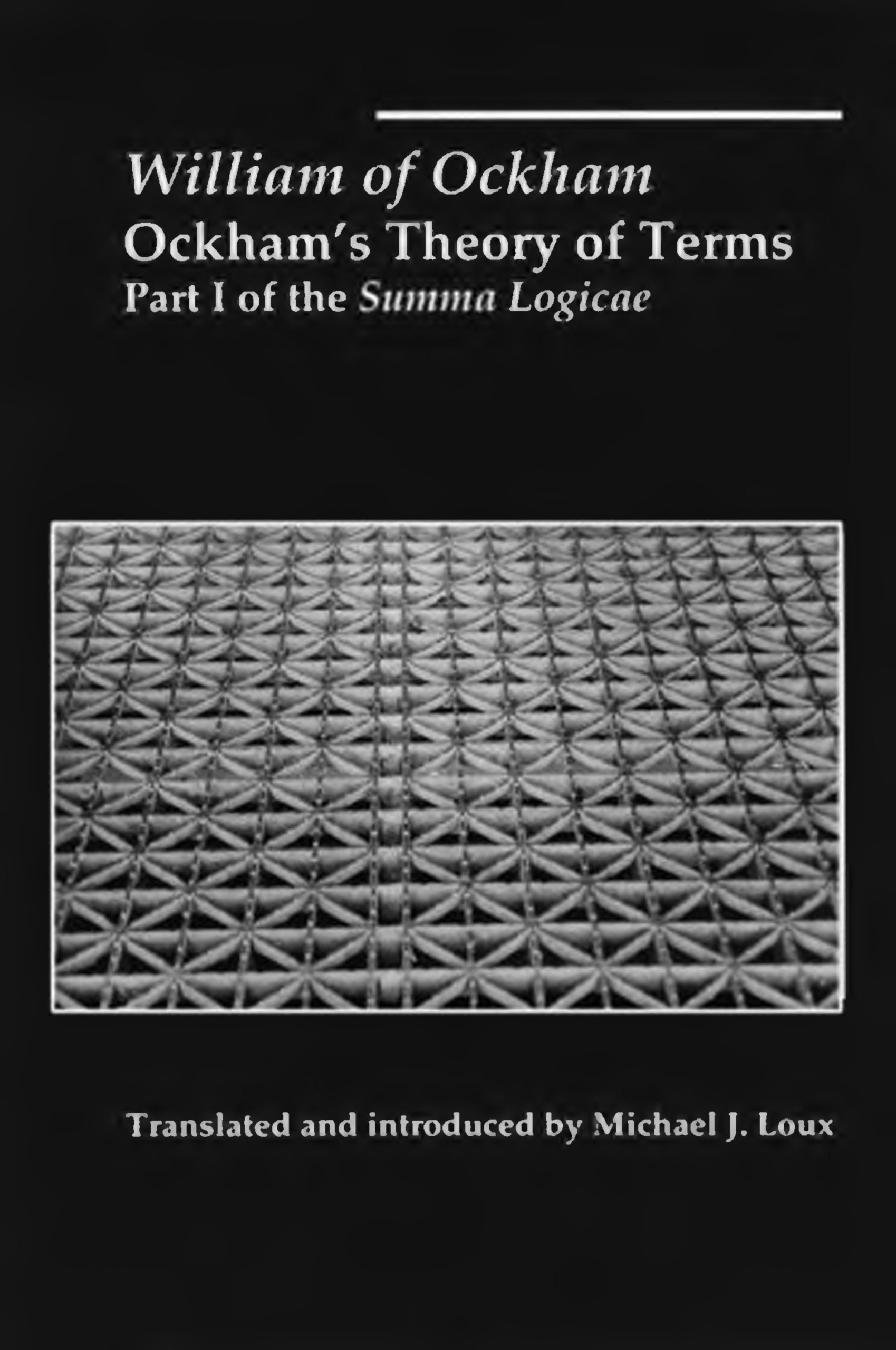


Of course, this didn’t stop human beings being monstrous to each other, though it is interesting that we often describe those who treat another in a terrible way as being “inhumane”, or that they behave as animals or monsters - as if what is going on represents some sort of rupture with one’s own basic humanity. For centuries, that was the assumption - at least, in theory - that human beings all have something very basic in common, and that on the basis of this, we owe each other a certain kind of moral respect. What we are witnessing is the consequences of the collapse of the idea that “human being” represents a basic form of universal solidarity. More from this author Is there anything left to bind us together?įast forward to today’s disputes. There is a basic metaphysical form of a table, and that form is the basis for counting each individual example of a table as one. Plato, for instance, believed that there is a kind of essence to a thing - he called it a form - that exists independently of the various instantiations of that thing. We speak of “tables” and “cats” and “clouds”, as if all the very different things that we lump together under these names have some deep common property (or set of properties) by which they get to be counted as a table, or cat or cloud. This position is a kind of suspicion that our most basic categories of things might not have as much in common as our language fools us into believing. Ockham’s philosophy is commonly known as nominalism. But the line of thought pioneered by William of Ockham - he of the famous razor - has had an enormous influence down the centuries and to understand why the present moment feels to many of us like a descent into a certain kind of madness, we need to unpick some very basic philosophical assumptions that he helped to establish. Among those responsible for turning the public square into an increasingly fraught and even violent battleground of competing claim and counter-claim, an early fourteenth century Franciscan friar and philosophy from Surrey makes an unlikely candidate.


 0 kommentar(er)
0 kommentar(er)
